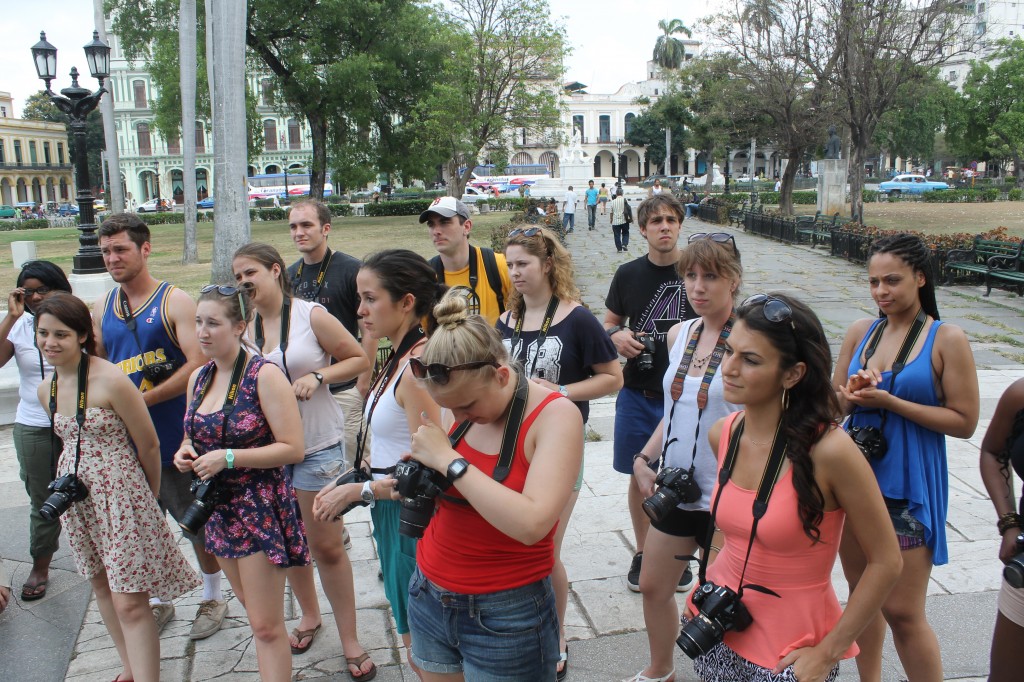“A two minute glimpse of something that happens literally every day. I hope this inspires open dialogue about the culturally accepted ways women are treated and the real consequences of those actions. Please share this video to spread the conversation. It’s time for men and women to stand up against the gender-based violence.” – Video by Amy West.
H/T Hollaback!



